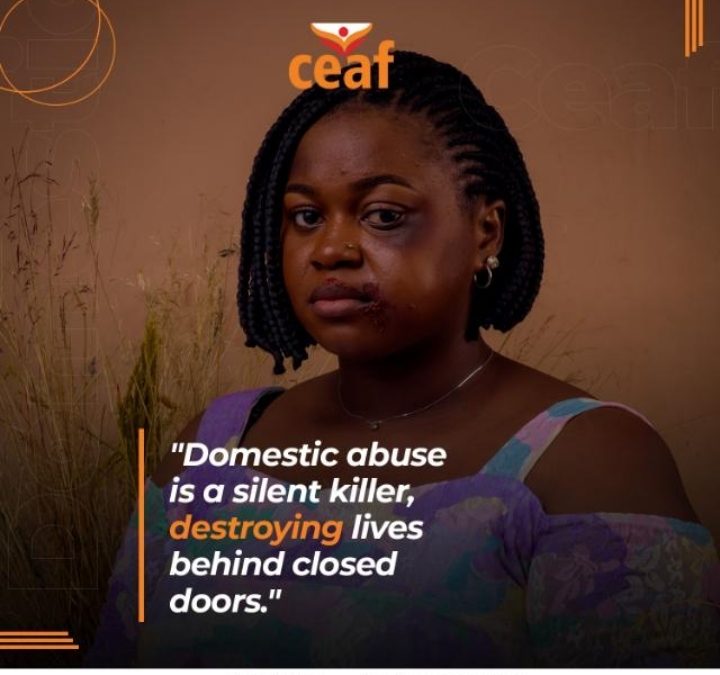There are many complex reasons why a woman may refuse to leave an abusive and sexually abusive relationship. Some of these reasons include:
Fear: Fear of retaliation, escalation of violence, or even death.
Emotional attachment: Deep emotional connection, love, or loyalty to the abuser.
Dependence: Financial dependence, lack of resources, or nowhere to go.
Shame and guilt: Feeling ashamed, guilty, or responsible for the abuse.
Isolation: Being cut off from friends, family, and support networks.
Trauma bonding: A psychological response to abuse, creating a strong attachment to the abuser.
Lack of self-esteem: Believing she’s not worthy of a healthy relationship or that she’s to blame.
Fear of losing children: Fear of losing custody or being separated from her children.
Cultural or religious pressures: Cultural or religious beliefs that prioritize keeping the family together.
Internalized oppression: Believing she deserves the abuse due to societal messages perpetuating gender-based violence.
Disability or health issues: Dependence on the abuser for care or support.
Immigration status: Fear of deportation or loss of legal status.
Fear of being alone: Belief that she can’t survive or thrive on her own.
Hope for change: Believing the abuser will change or that the relationship will improve.
Lack of support: Not having a supportive network or feeling like no one understands.
It’s essential to remember that leaving an abusive relationship is a process, and it may take time, support, and resources for a woman to feel empowered to leave. Judgment and blame only exacerbate the situation; instead, we should offer understanding, support, and connection to resources like hotlines, shelters, and counseling.

